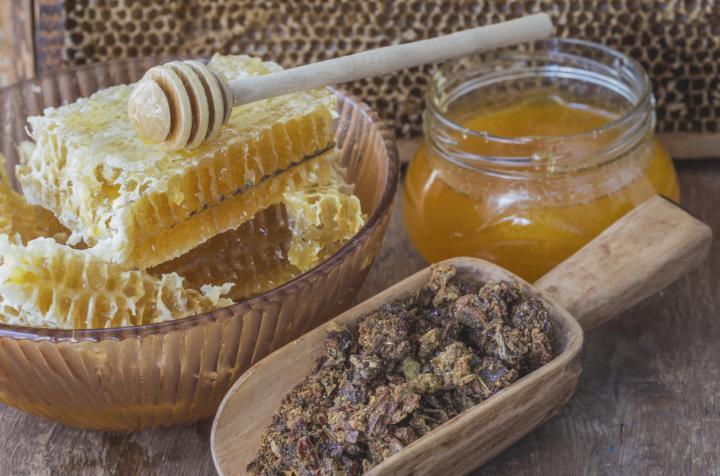Is it true that natural sweeteners are healthier and more suitable? Find out how many types there are and why they should substitute for white sugar and other sweeteners.

Sweetener is understood to be that additive or chemical substance capable of providing or providing a sweet taste to the food that contains it, an additive that, incidentally, has gained in importance in the last decade due to the increase in the consumption of products food called “light”.
There are different types of sugar whose consumption will depend directly on the nutritional needs of each one. For example, because people with diabetes should not consume sugar in excess, the best option is to opt for the different natural sweeteners that do not contain a high glycemic index.
Nor should we forget the daily amounts of sweetener that can be eaten each day as a maximum, so that it is always advisable not to exceed 10 tablets a day.
What are natural sweeteners?
Due to the fact that they are called natural sweeteners, it is very common to identify them as healthier as well, but although they contain more vitamins and minerals, their energy intake is still very high, so their effect on our body is equally unhealthy.
As we will see, they are basically sweeteners that come from nature and have not undergone any type of transformation or refining. Therefore, they maintain their essential nutrients and their sweetening power tends to be higher, compared to white sugar.
Types of natural sweeteners
Fructose
It is the sugar that we find in fruits and honey, becoming a natural option somewhat sweeter than sucrose, although with the same caloric intake (4 calories per gram).
Its consumption in large doses is not advisable because it is a sweetener capable of raising total cholesterol and LDL cholesterol levels.
Honey
The honey becomes one of the most consumed sweetener, although its consumption is not recommended for people with diabetes because of its high energy value (300 calories per 100 grams).
It is a one hundred percent natural sweetener made by bees from flower nectar, so depending on the type of flower from which it is made, it is common to find different types of honey: milflores, rosemary, fir, lavender…
It contains a mixture of other sugars, in addition to essential amino acids and enzymes, which is why it is not appropriate to heat it to avoid destroying its beneficial enzymes.
Numerous benefits and qualities are attributed to it. However, honey “has very few nutrients and its supposed medicinal properties have not been demonstrated” (LaVanguardia), so it is advisable to moderate its consumption.
Stevia
It is a type of natural sweetener that is obtained from a bush, and is constituted as a sweetener with a more powerful sweetening power than white sugar (10 to 300 times sweeter).
But nevertheless it does not contribute hardly any calories, hence its great nutritional advantage.
Agave syrup
We are facing a type of natural sweetener that has become popular in recent years, especially due to its increased consumption by vegetarians and vegans. Therefore, it is very easy to find it in herbalists and specialized organic stores.
It is a nectar that is extracted from agave, a plant of Mexican origin that looks similar to cactus or yucca. It is also known as agave honey, and stands out from a nutritional point of view for being low in calories and very rich in fructose, so that its sweetening power is greater than white sugar.
However, that does not mean that it is healthy, simply that it has a lower glycemic index and a lower energy intake, but its sugar content is similar.
Maple syrup
Also known as maple syrup or maple syrup, we are dealing with a sweetener that is obtained from the sap of the maple, whether it is from sugar maple, black maple or red maple.
Its use is very common to sweeten crepes or gropes, and years ago the so-called maple syrup diet appeared, a very popular type of diet but considered dangerous by many nutritionists by causing imbalances and vitamin deficiencies.































